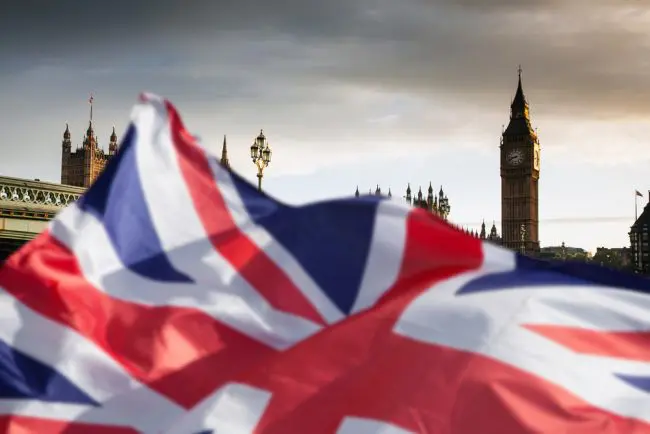The UK has the best corporate tax system in the G20 group of major economies, according to PwC’s annual rankings, and has climbed five places to become the 10th best nation overall, reports The Telegraph.
Qatar, the UAE, Hong Kong, Bahrain and Ireland make up the top five, showing that small countries with low tax rates are the best for businesses.
But among the larger countries the UK is making progress, partly by chopping the rate of corporation tax from 28 per cent in 2010 to 20pc now and to 17 per cent in 2020, but also by improving the bureaucracy around correcting errors and overpayments.
“Entering the top 10 comes at a good time, sending a clear signal the UK is open for business. Ease of paying taxes is a good indicator for a country’s business environment more generally,” said PwC’s head of tax Kevin Nicholson.
“But the UK can’t rest on its laurels, with tax reform on the cards in other countries including the US, no country’s position in the rankings is secure. It is crucial that the Government continually looks for ways to improve the UK tax system.”
He praised the move to make it simpler to pay tax online, which makes the system more efficient, but warned that “compliance could get tougher as the changes are implemented and bed down. Great care will be needed to prevent the changes adversely affecting the UK’s top 10 place in the ranking.”
Other countries around the world are trying to improve their tax systems, meaning the UK does have competition and will have to keep on improving if it wants to maintain its ranking.
Globally the average company spends 251 hours per year on tax compliance, which is down by eight hours compared with last year.
The report comes at an important time for Philip Hammond, the Chancellor, as he prepares to set out his first Autumn Statement next week.
He is not expected to make any radical changes to the tax system, but is likely to increase government spending modestly, particularly on infrastructure, as well as using the event to set out a longer-term plan to bring down the budget deficit.


